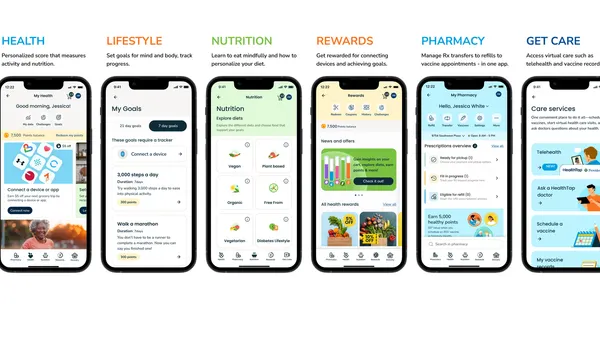Dive Brief:
- Shipt is facing separate lawsuits from the attorneys general for Minnesota and Washington, D.C., alleging the company misclassified its workers as independent contractors and violated several worker protections.
- Both lawsuits claim the Target-owned delivery company’s classification of its workers as independent contractors stems from a desire to avoid labor costs.
- Shipt said in a statement that its independent contractor classification is the “primary reason” its workers, which the company calls “shoppers,” use its platform. “We strongly disagree with the action taken by these two Attorneys General, and we’ll continue advocating for Shoppers and the opportunity to earn flexible income across Minnesota and Washington, D.C.,” per the statement from Shipt Spokesperson Evangeline George.
Dive Insight:
Along with alleging misclassification, both lawsuits also claim that Shipt blocks workers from several protections including minimum wage, sick and safe time, and overtime.
The suit in D.C. also claims Shipt is not compliant with the city’s public benefits program requirements, which are funded by employer contributions and managed by the city, and that the company is in violation of the city’s wage-and-hour law. The lawsuit claims Shipt “repeatedly pays District shoppers hourly wages that fall short of the required minimum wage” and claims that Shipt has an “employer-employee relationship” with its workers.
“Increasingly, we’re seeing companies abuse hard-working District residents by fraudulently calling them independent contractors and, as a result, denying them wages and benefits they are legally owed,” Karl Racine, attorney general for Washington, D.C., said in a statement. “At every step of the way Shipt cheats, putting profits over workers and violating its employees’ basic rights just to make another dollar. We’re using all our authority to level the playing field and hold Shipt accountable for trying to cheat DC workers.”
The lawsuit in Minnesota says Shipt’s classification prevents workers from accessing state unemployment insurance and workers’ compensation benefits.
“Many workers work for gig-economy companies because they like the flexible schedule that the work provides. Companies like Shipt suggest that being an independent contractor is a necessary tradeoff for having a flexible work schedule, but that simply is not true,” according to a press release from the Office of Minnesota Attorney General Keith Ellison.
Racine is seeking a jury trial, while Ellison is asking a Minnesota judge to decide the case.
The D.C. lawsuit is seeking to recover unpaid wages and paid sick leave for Shipt workers in the city; recoup damages and penalties from Shipt; and force the company to pay into the District’s public programs. The Minnesota lawsuit is seeking civil penalties of up to $25,000 and worker back pay, among other reliefs.
The terms for the two Democratic attorneys general both end in January. Ellison is seeking re-election while Racine is not.
In its statement, Shipt argued that its independent contractor classification benefits workers.
“Shoppers with Shipt are independent contractors, and the flexibility that comes with being an independent contractor is the primary reason Shipt Shoppers choose to earn on our platform,” the company noted.
The lawsuits come at a time when delivery companies are facing greater scrutiny over worker classification. Instacart has also faced legal action over worker classification, and recently agreed to pay $46.5 million to settle a 2019 lawsuit filed by the City of San Diego alleging misclassification.
Earlier this month, the Department of Labor proposed a rule to help determine whether a worker is an employee or an independent contractor. The department said it often sees employers misclassify employees as contractors, according to sister site HR Dive.
Clarification: This story was updated with a new statement from Shipt regarding the two lawsuits.












